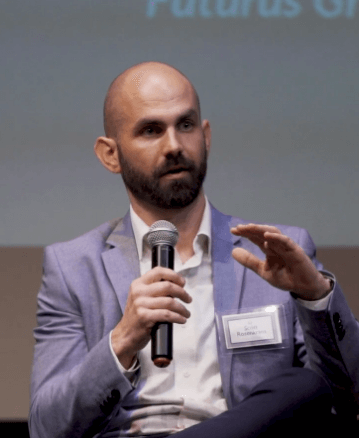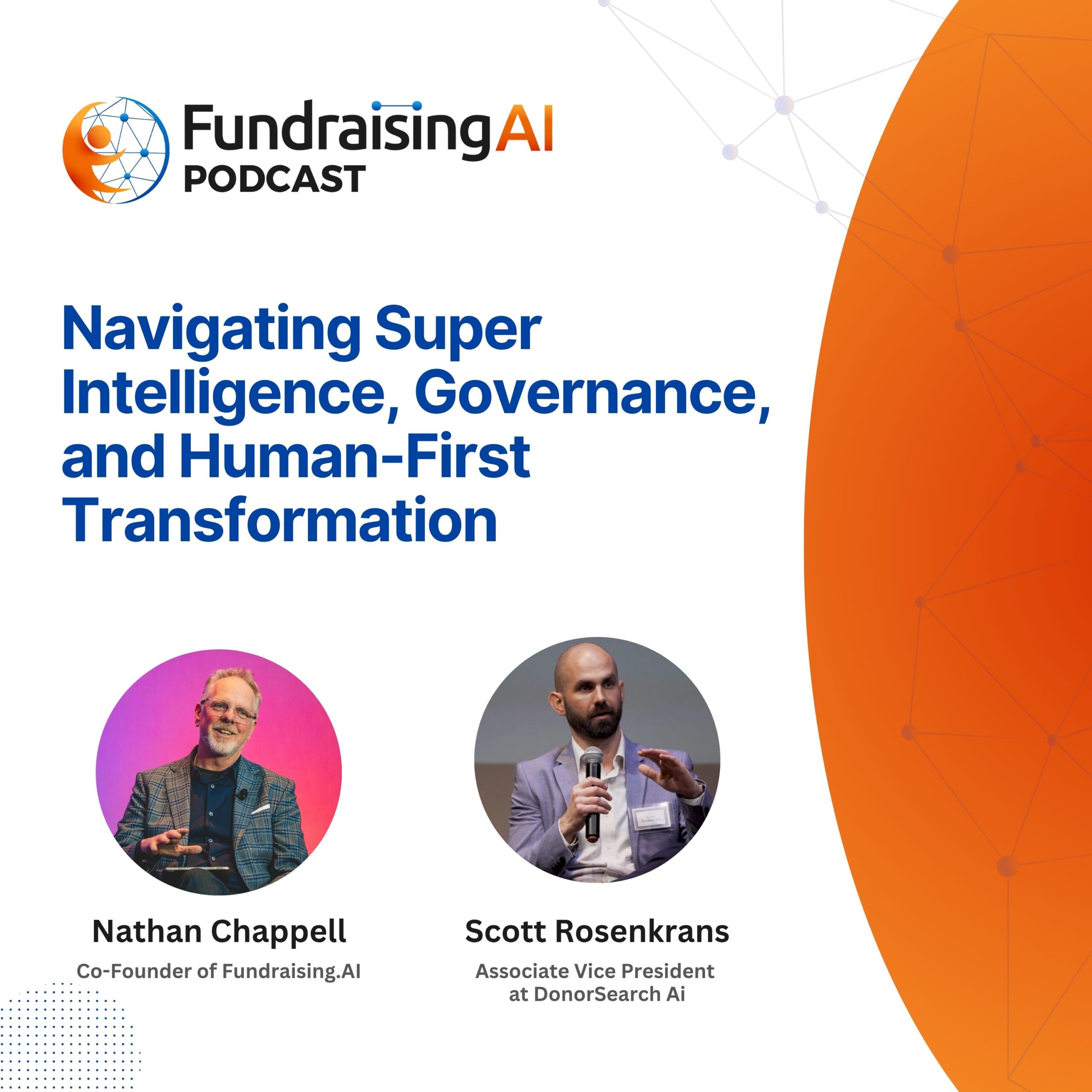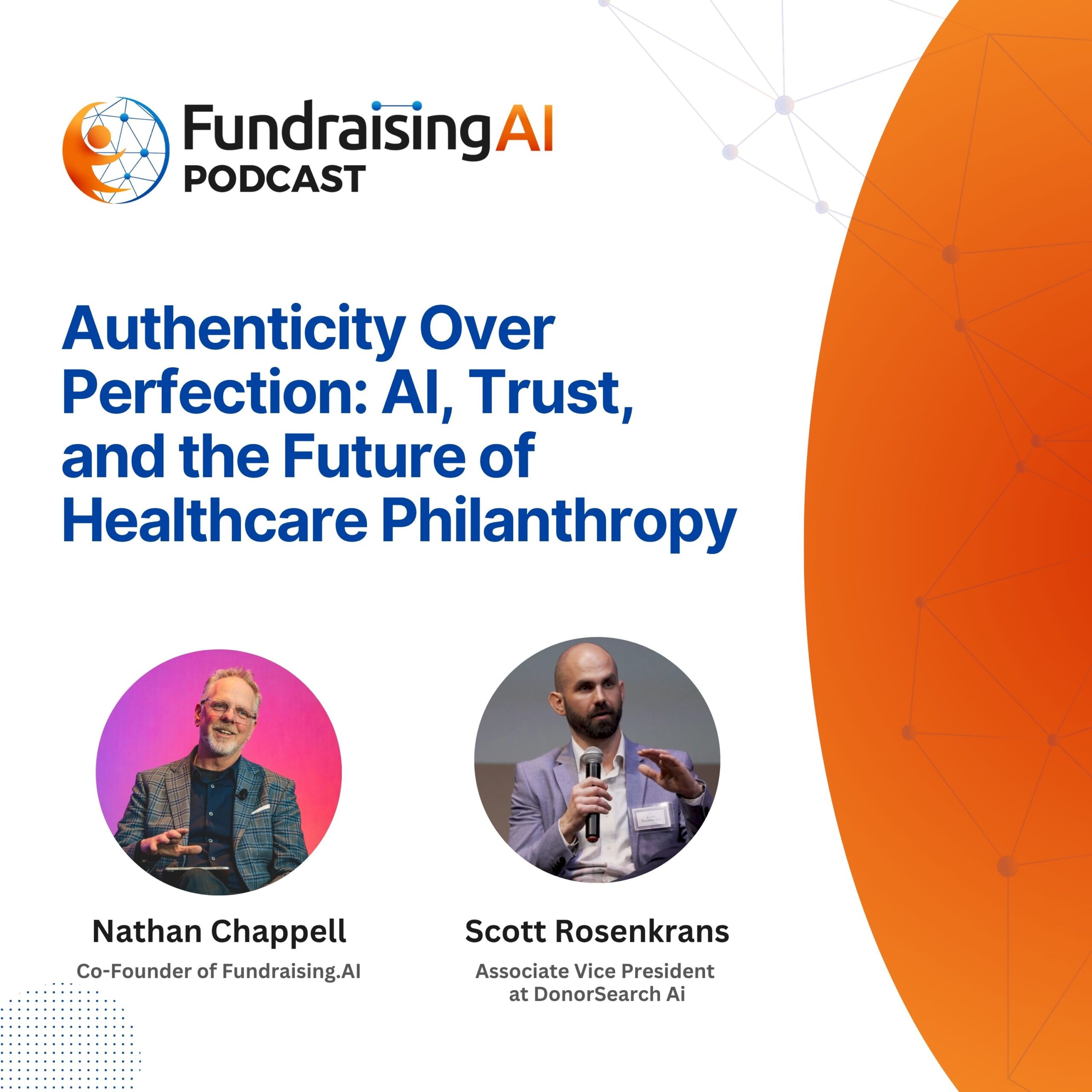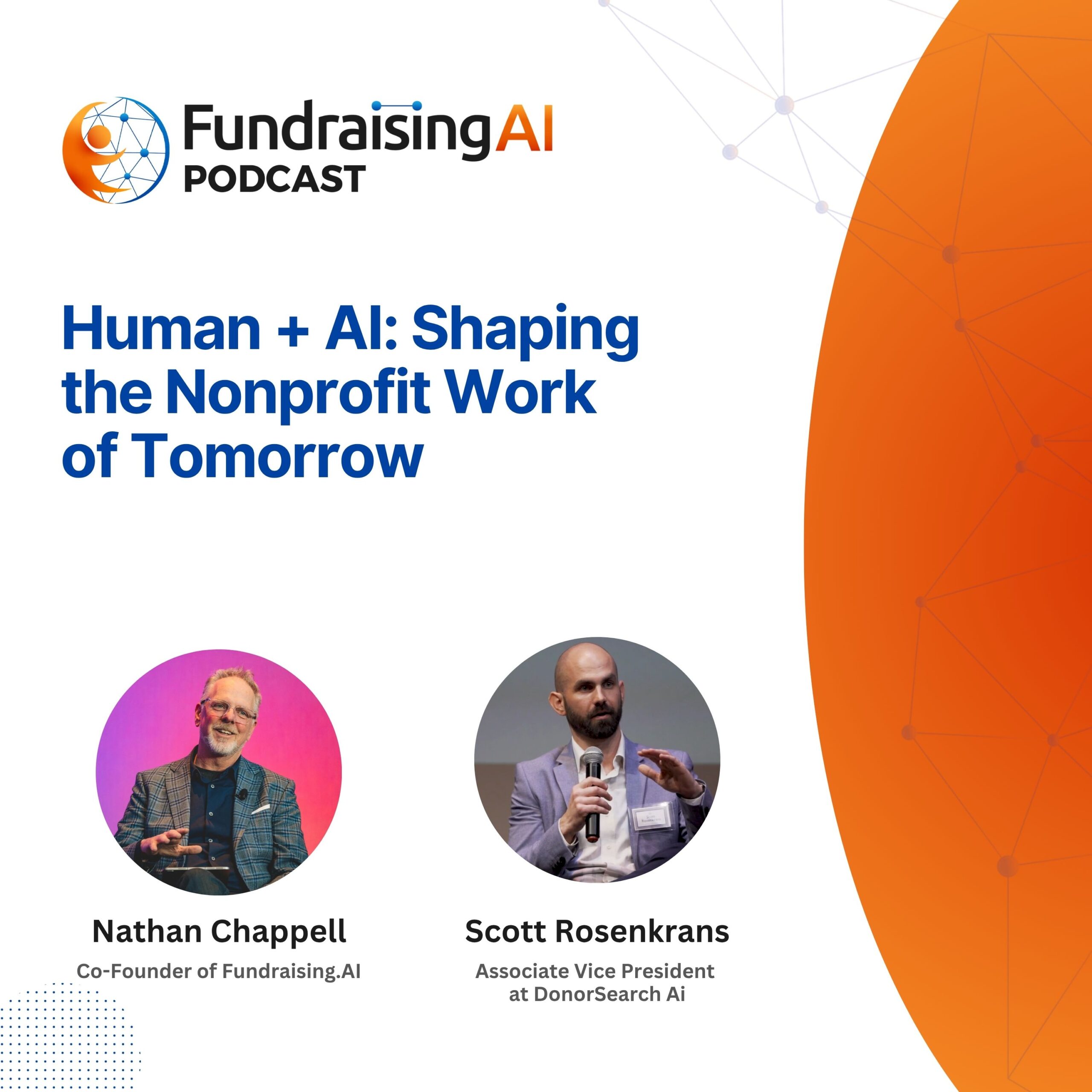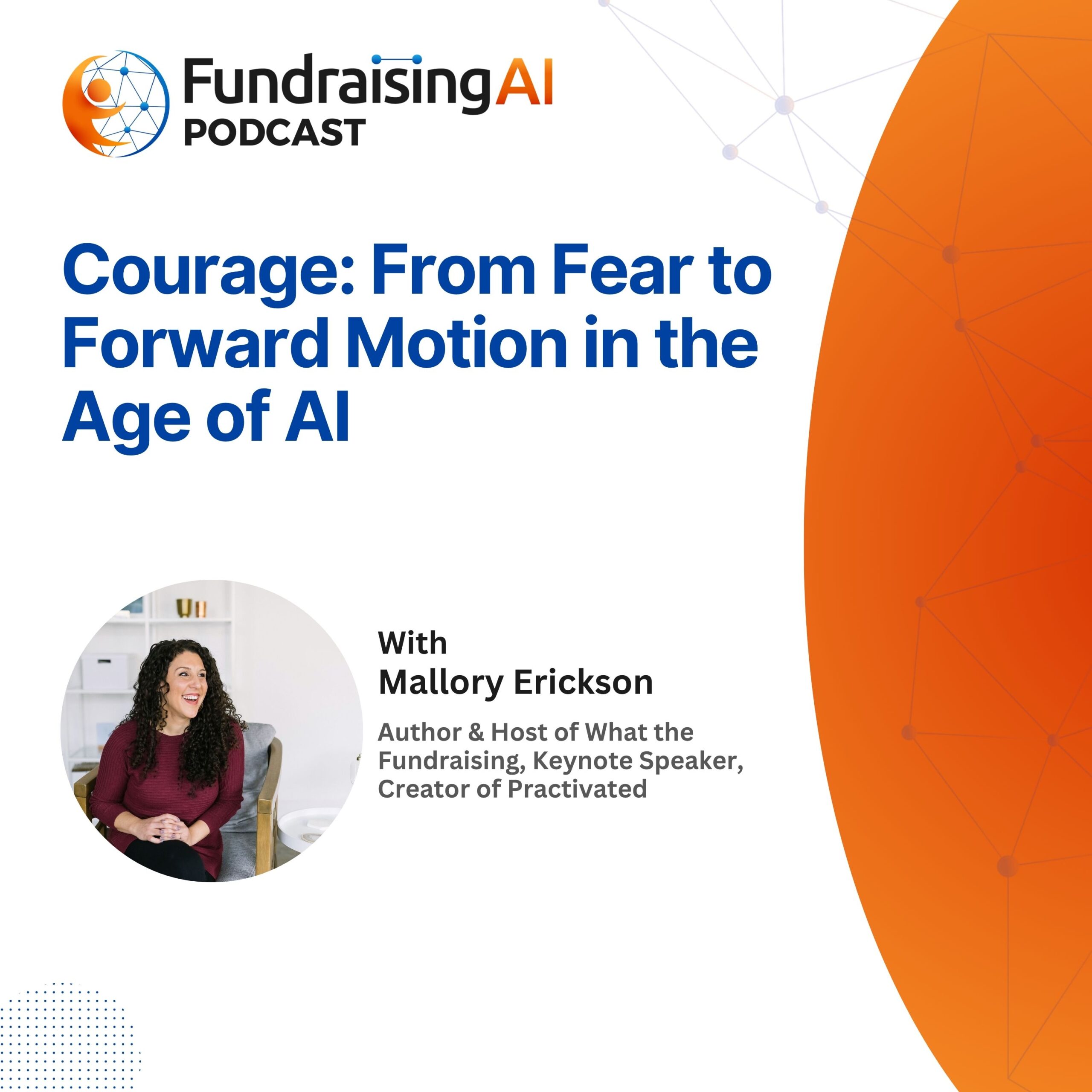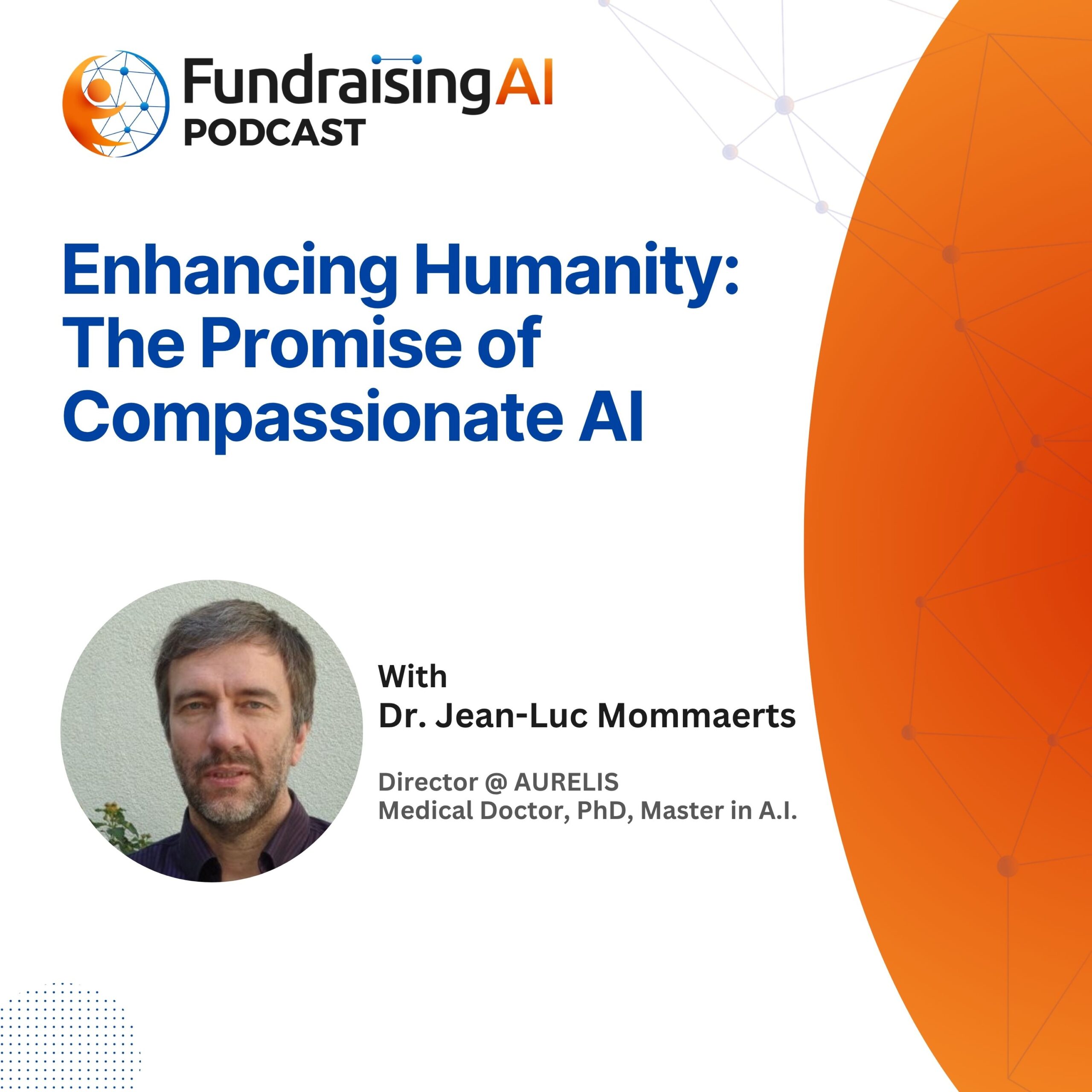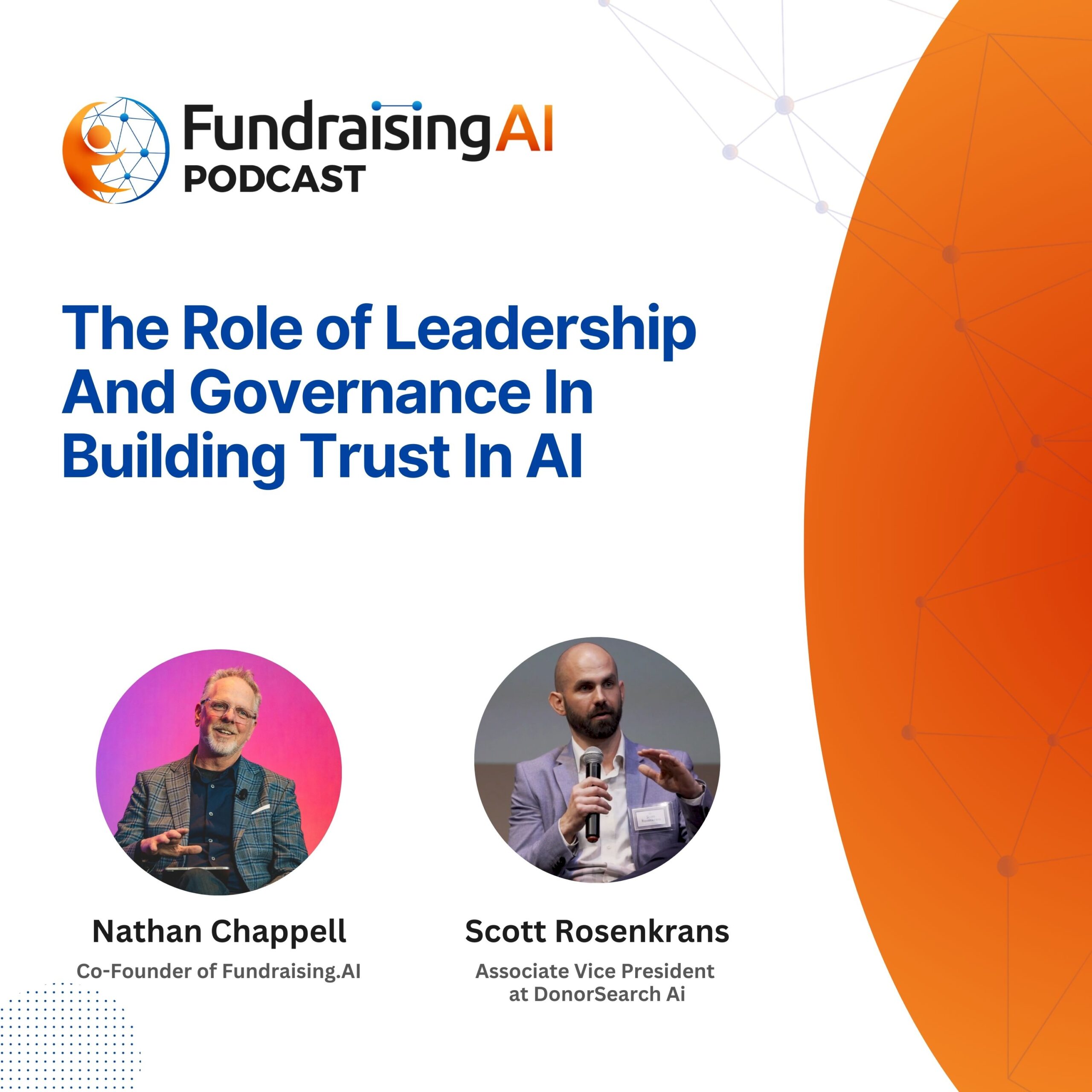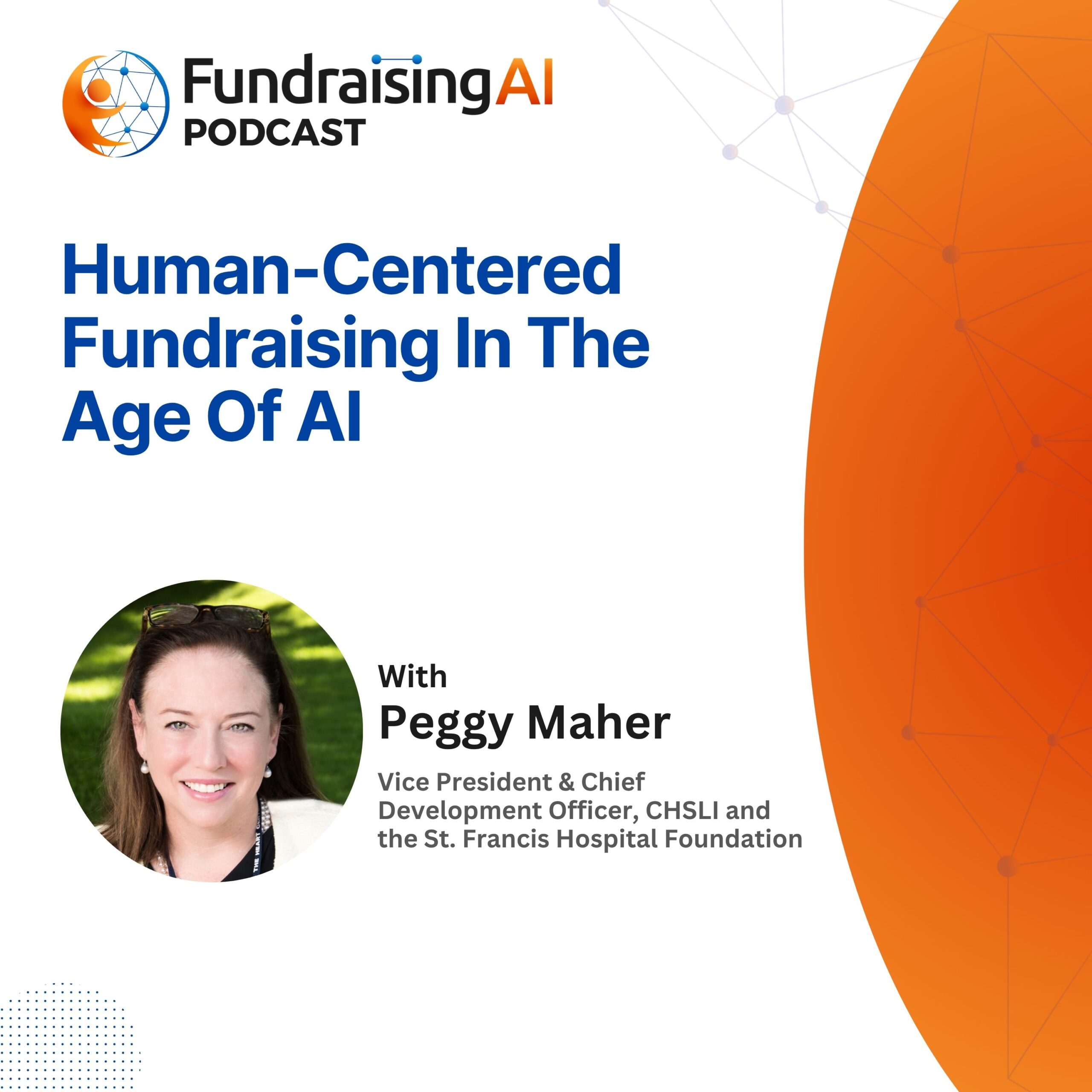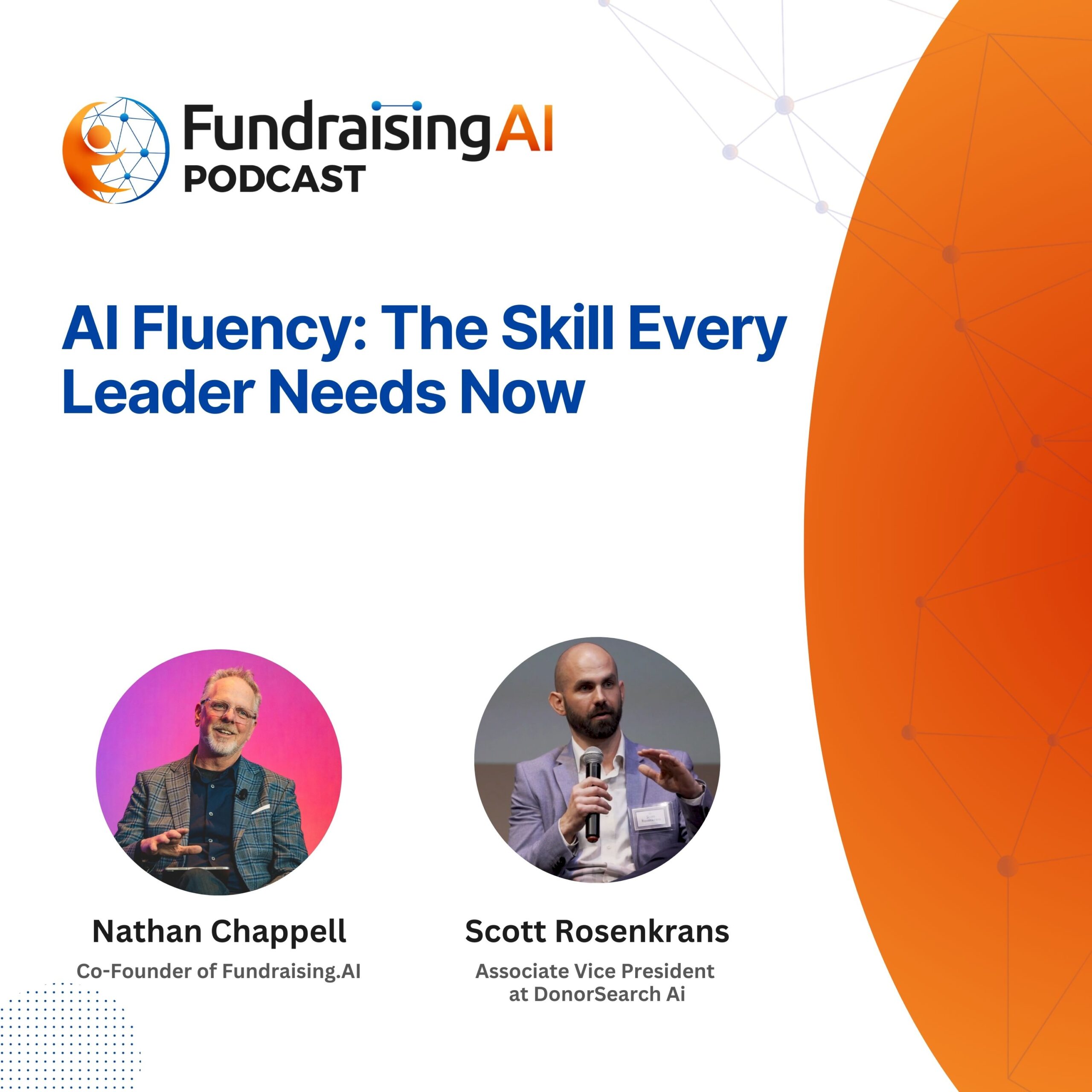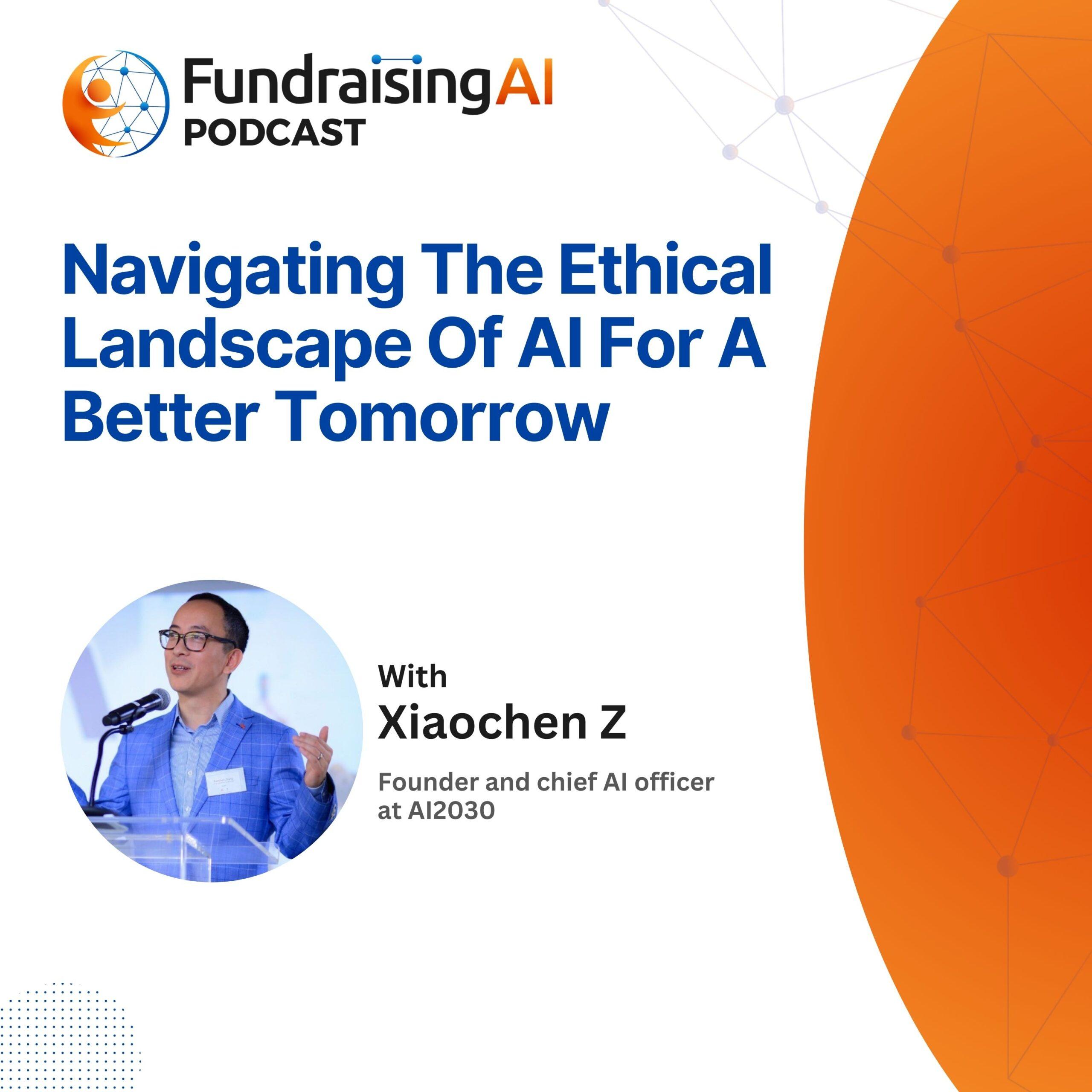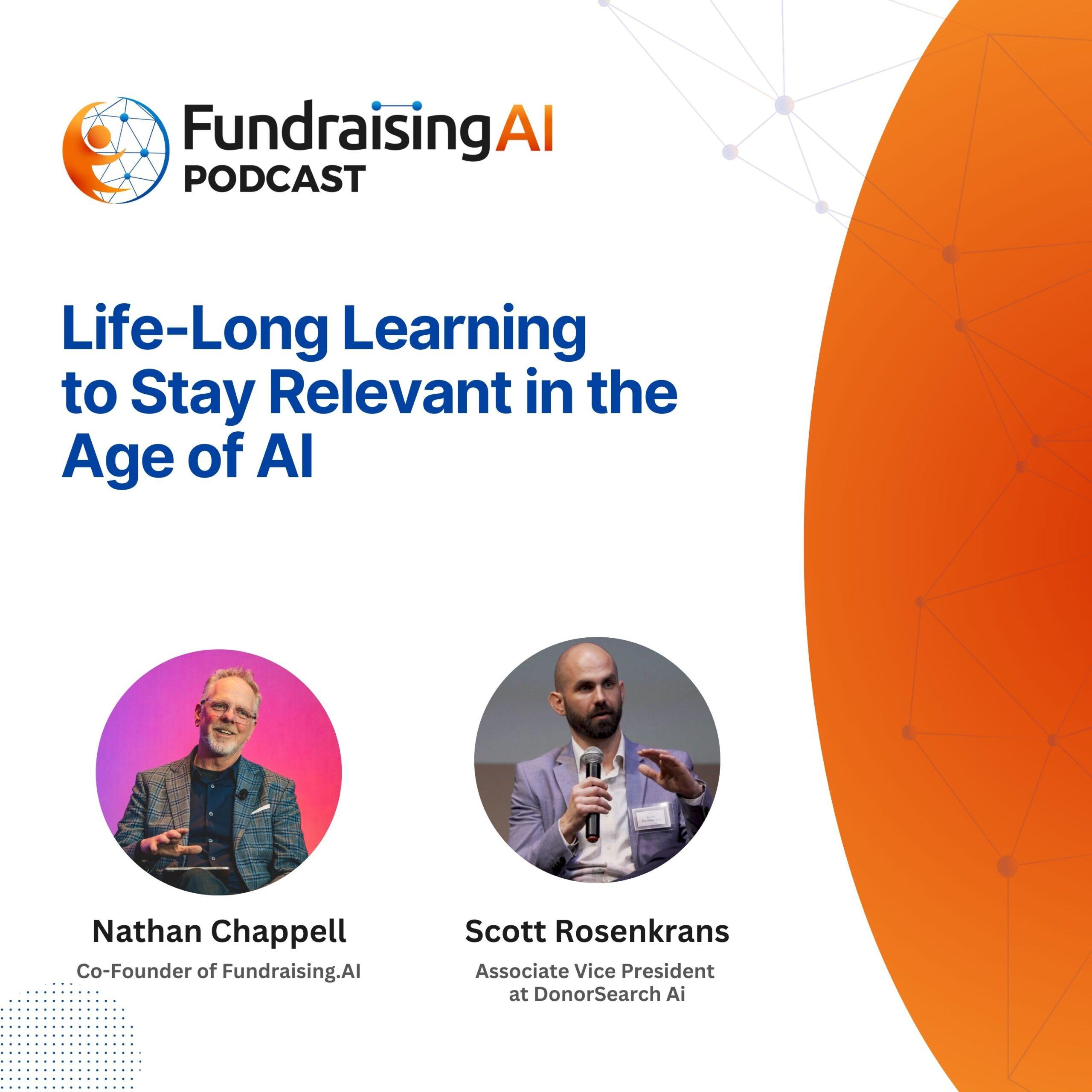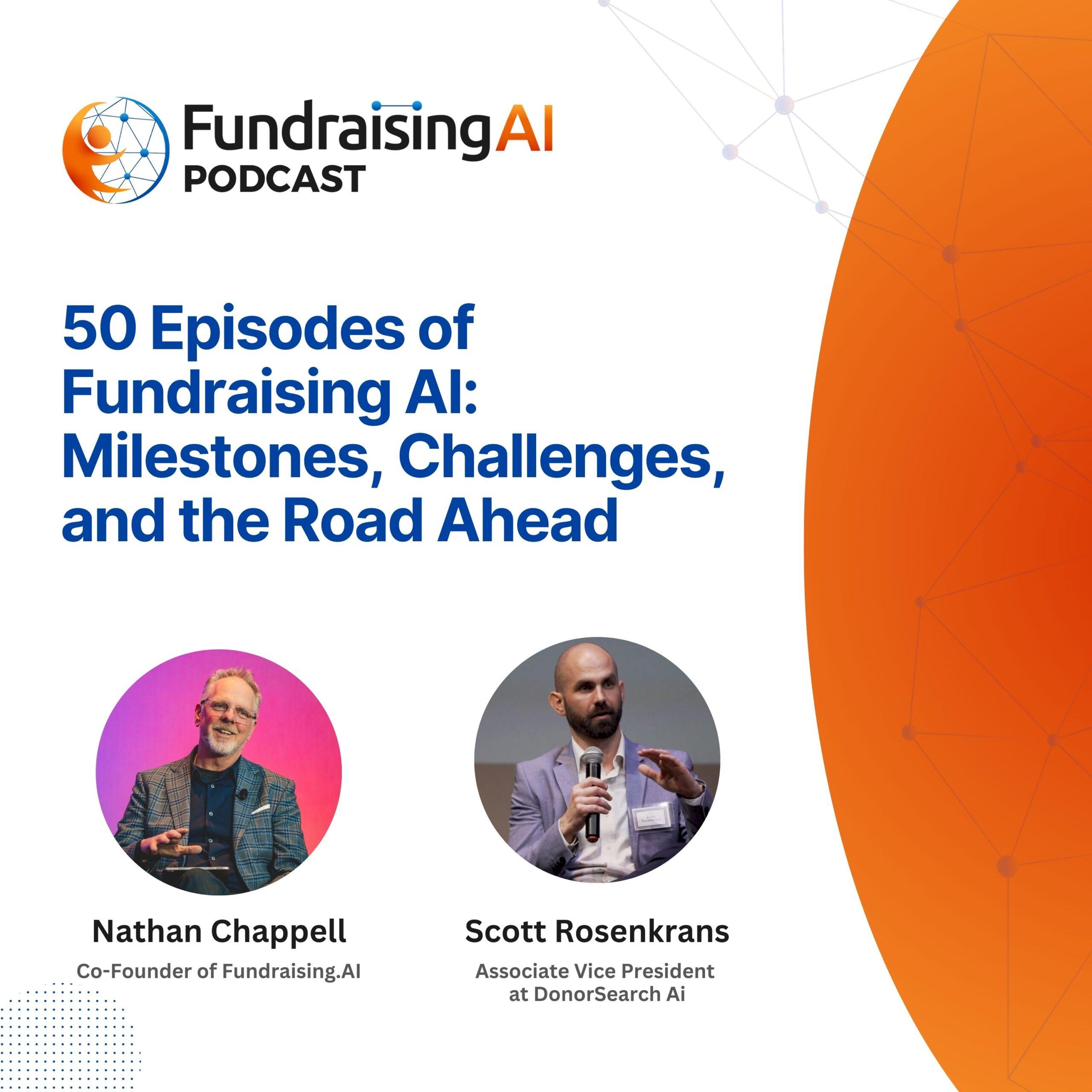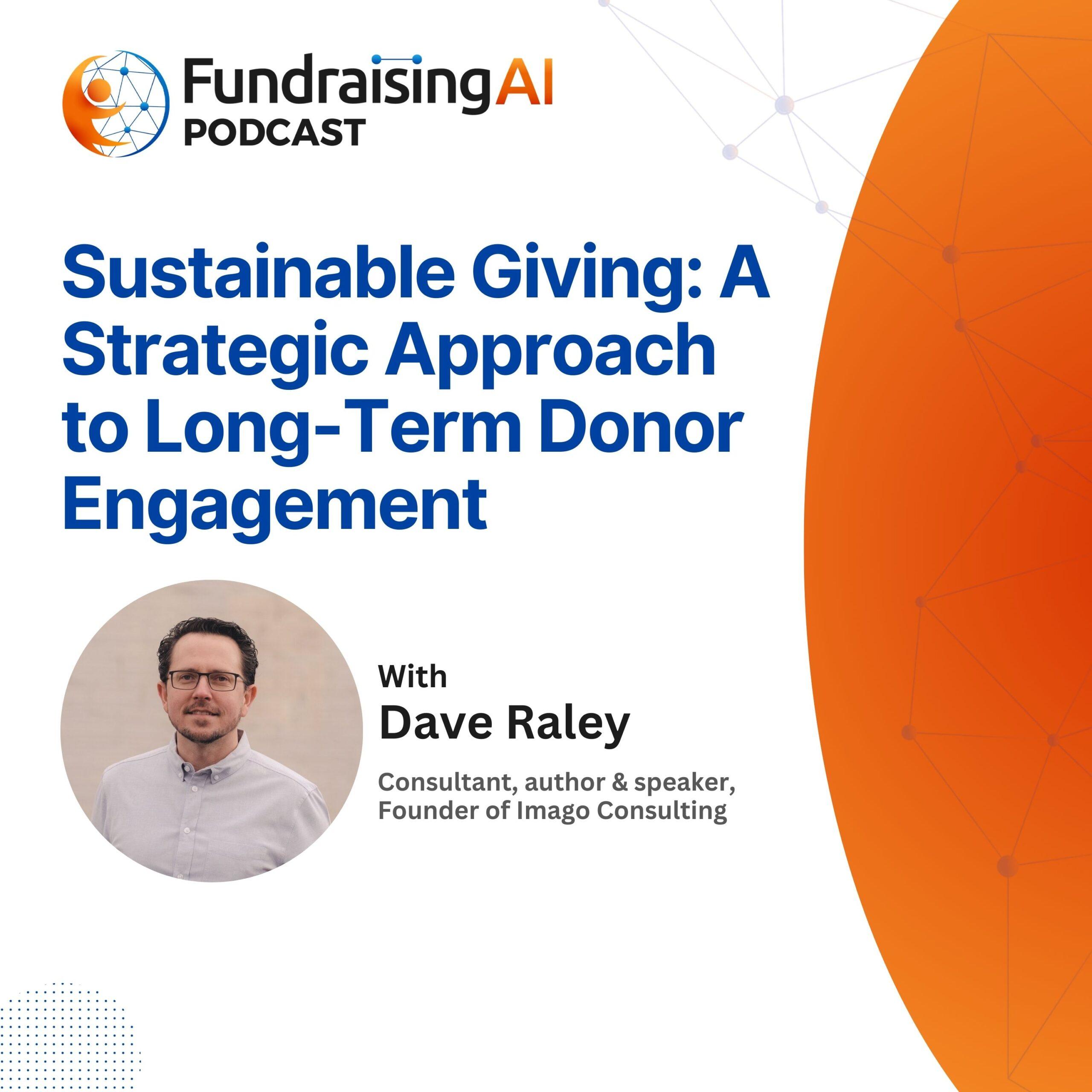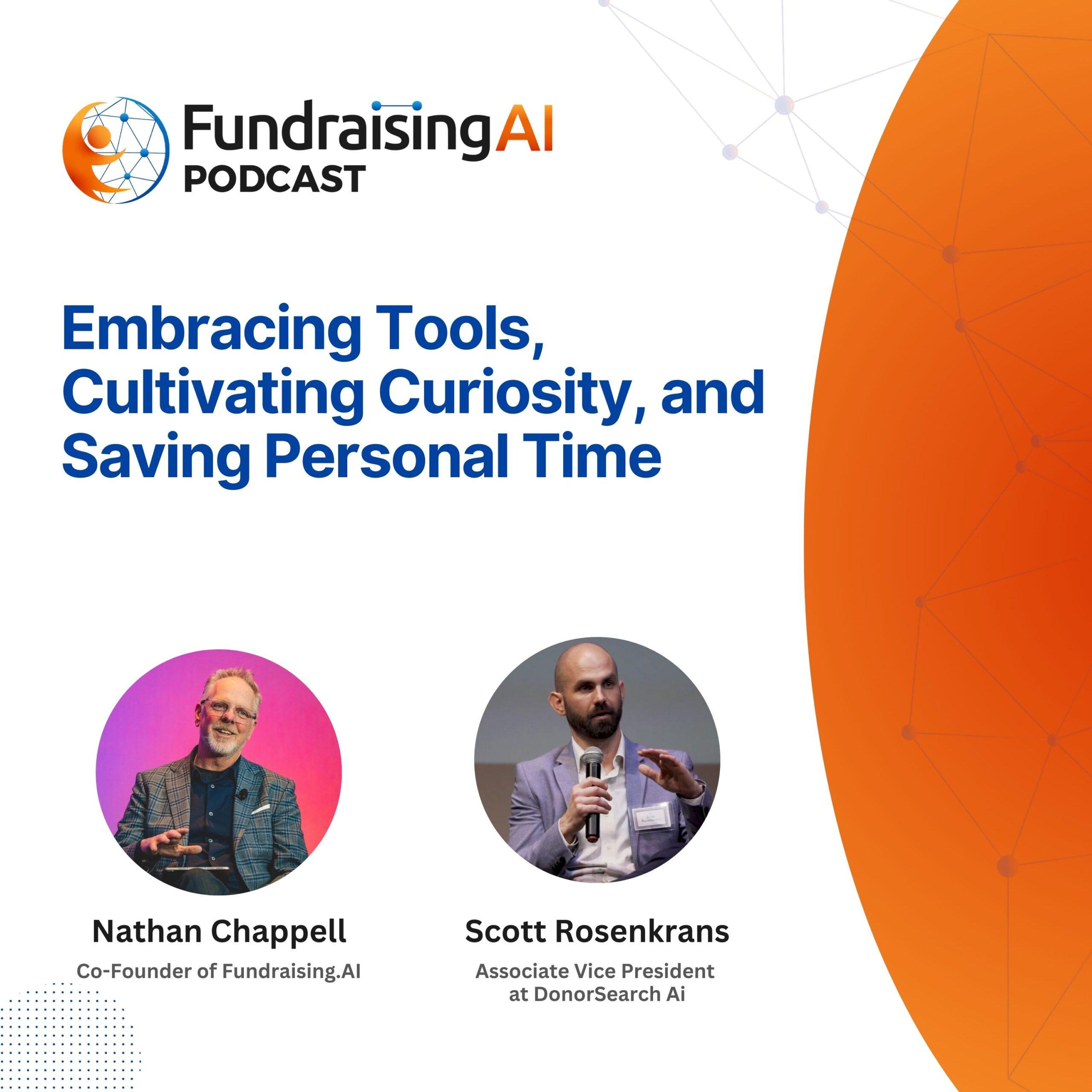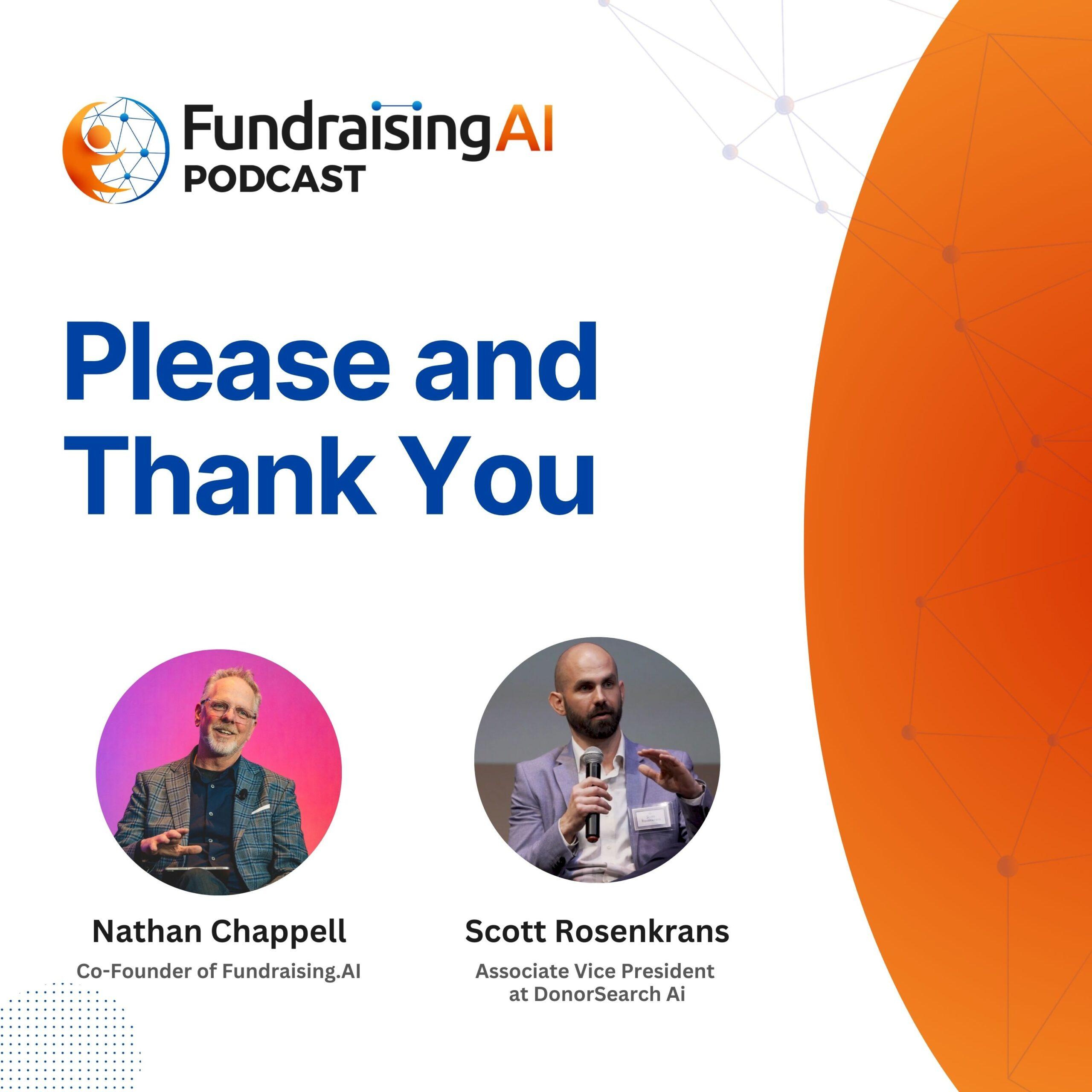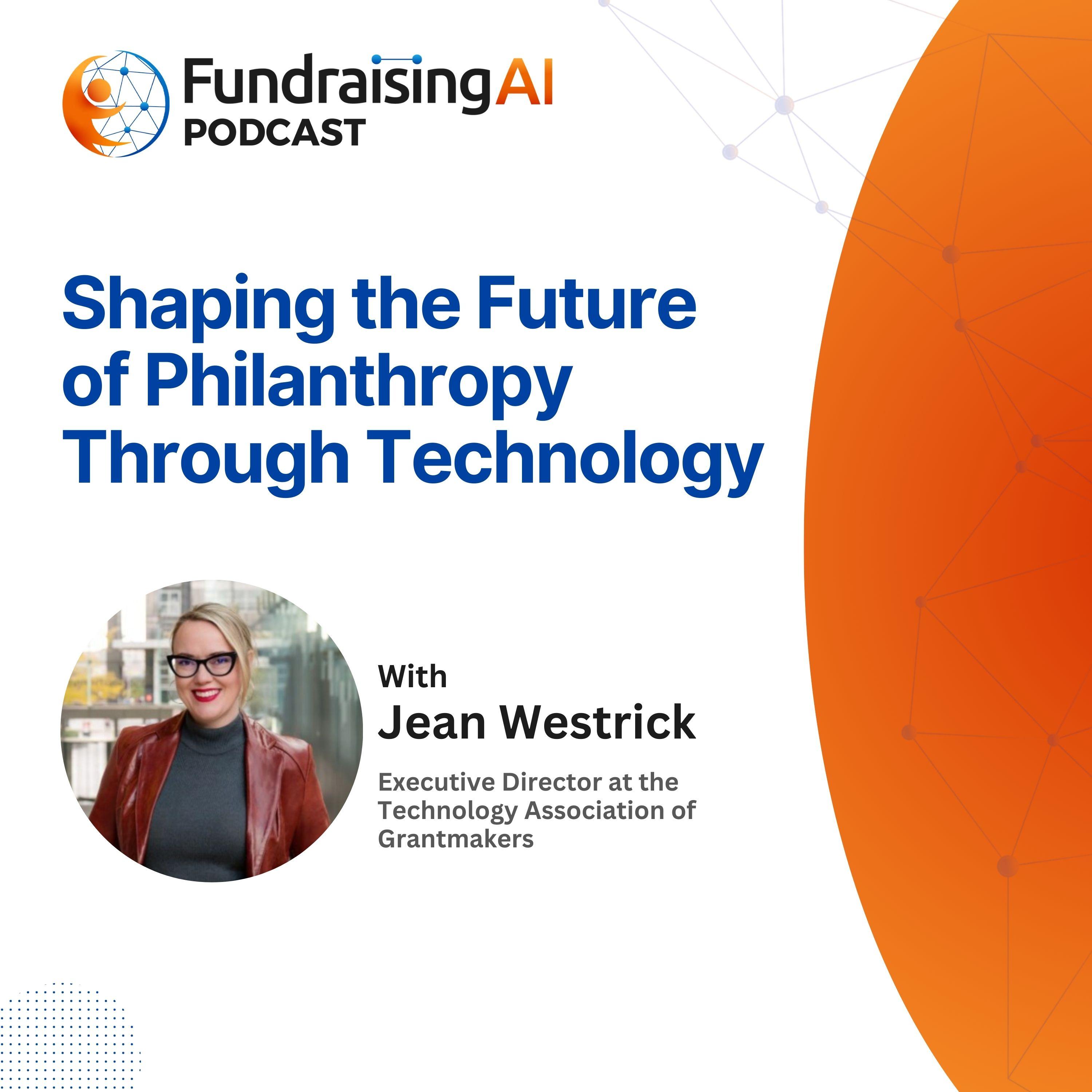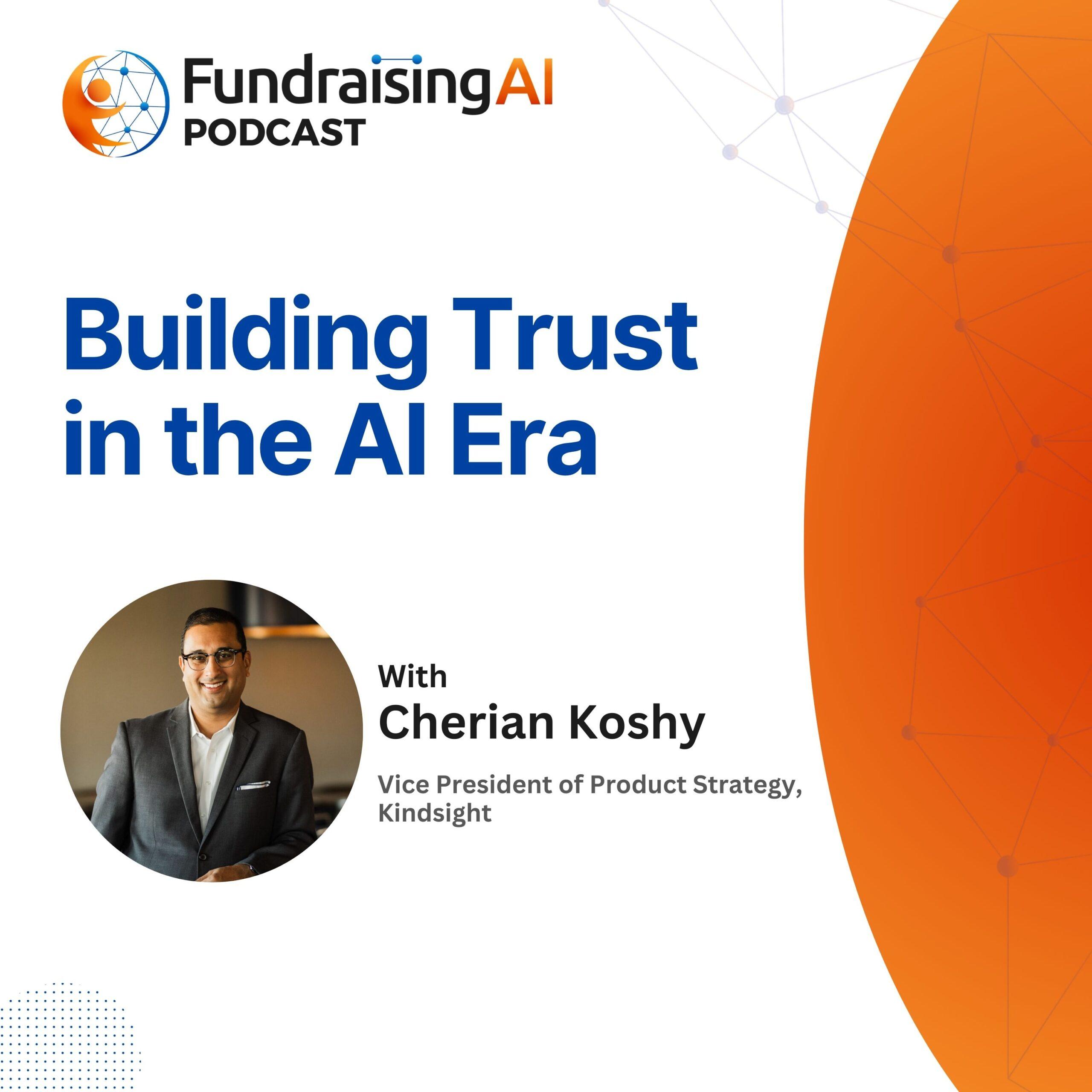Fundraising.AI
Episode 23
Episode 23 - Charting the Future of Philanthropy Through Tech-Driven Engagement with Brian Gawor
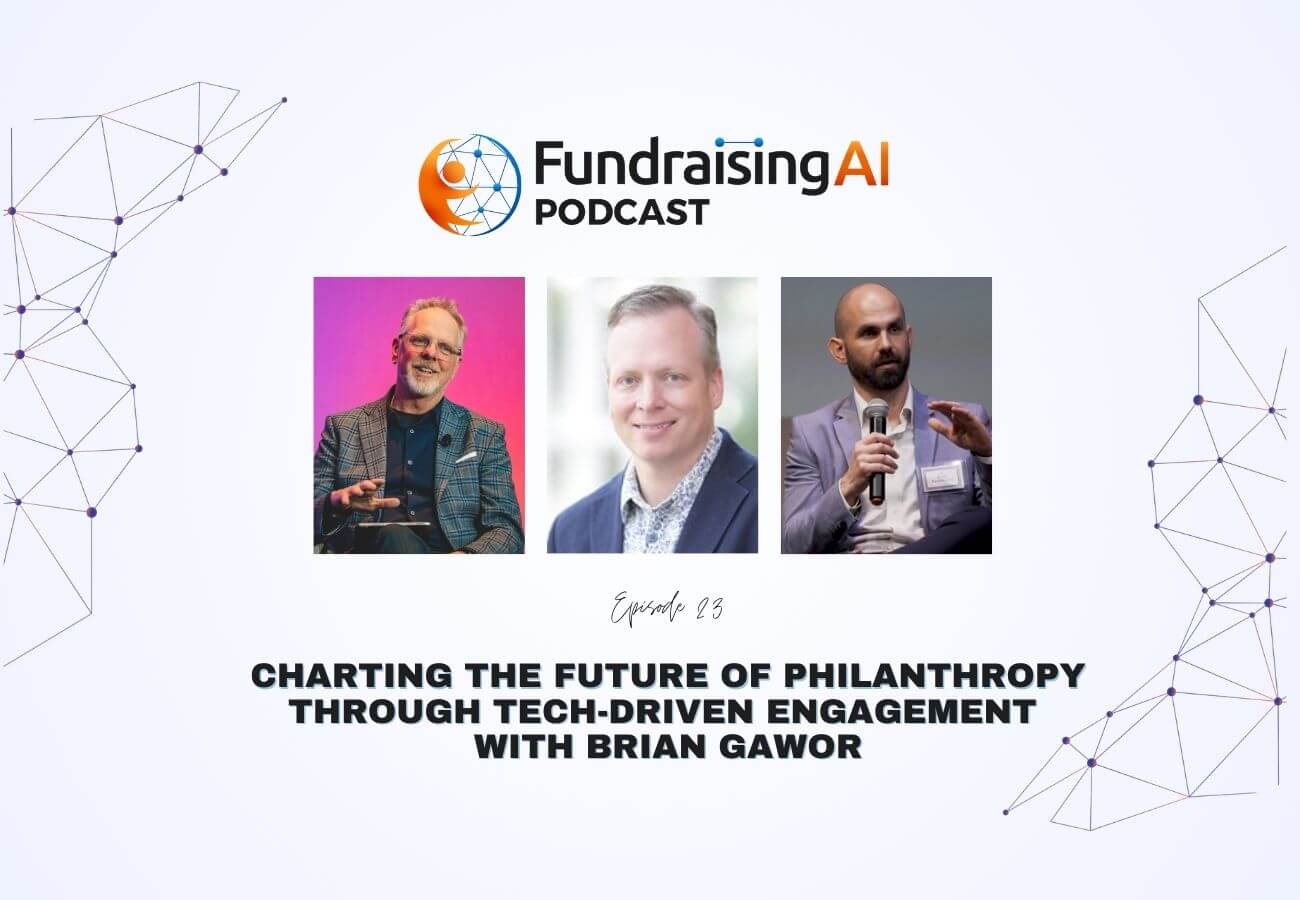
THIS EPISODE IS SPONSORED BY
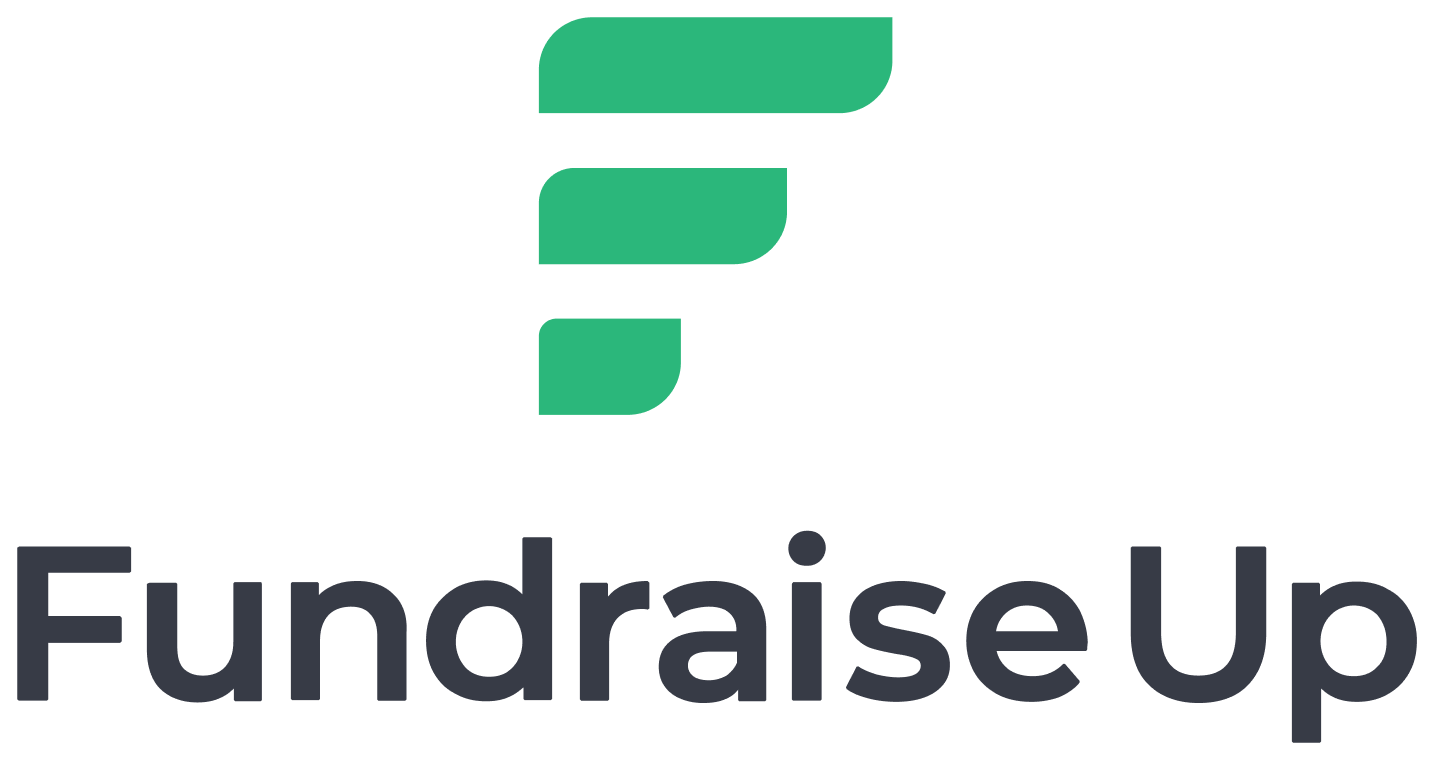
WATCH ON YOUTUBE

Listen To The Episode
OVERVIEW
Tune in to gain a deeper understanding of how AI is reshaping fundraising practices and discover how your organization can lead the charge in creating a positive, lasting impact through innovative donor engagement strategies!
Join Brian Gawor in today’s episode as he explores the transformative impact of AI and ethical innovation in fundraising. As a seasoned expert in advancement and donor engagement, Brian dives deep into the evolving landscape where technology meets philanthropy, reshaping how organizations connect with donors in meaningful ways.
Brian Gawor, CFRE, serves as the Consultant and Director of Business Development at Johnson, Grossnickle and Associates (JGA). With over 25 years of experience in higher education donor engagement and development, Brian is dedicated to helping nonprofits leverage data to enhance their fundraising efforts. At JGA, he uses his extensive background in data analytics and philanthropy to assist clients in growing their philanthropy through innovative data analytics tools and traditional consulting services.
Throughout the episode, Brian sheds light on key insights gained from his extensive experience, highlighting the pivotal role of predictive analytics and psychographic profiling in understanding donor behavior. He discusses practical strategies for nonprofits to leverage AI as a tool for efficiency and as a catalyst for enhancing donor joy and engagement.
Drawing parallels to major shifts in other industries driven by technology, Brian emphasizes the urgency for fundraisers to adapt and innovate. He challenges traditional metrics and approaches, advocating for a donor-centric mindset that bridges the gap between technological capabilities and human connection.
Moreover, Brian shares exciting developments such as the upcoming Indy Summit, where industry leaders will gather to explore AI applications, ethical frameworks, and hands-on experiences with psychographic profiles. This event promises to equip fundraisers with actionable insights to navigate the future landscape of philanthropy with confidence and compassion.



EPISODE HIGHLIGHTS
- [01:28] Reflections on Humor and Heart in the Nonprofit World
- [05:22] Story of a Chicago Hippie Kid: From First-Generation College Graduate to Changing Paths
- [06:33] From Fundraising Frontlines to Donor Insights: A Journey Through Nonprofit Innovation
- [10:38] The Irreplaceable Value of Direct Donor Contact
- [12:20] Charitable Organizations in the Age of Innovation and Generosity
- [13:38] Embracing Innovation with a Gen X Edge
- [15:25] From Skepticism to Critical Engagement in the Digital Age
- [17:36] AI and Social Change with Optimism and Caution
- [19:04] Empowering Fundraising with AI: Predictive Insights, Psychographic Profiles, and Creative Generation
- [23:35] Adapting to Donor Dynamics: Innovating Fundraising in Higher Education and Beyond
- [26:40] Transforming Fundraising from Engagement to Precision Philanthropy
- [29:30] Trends and Transformations in Philanthropy with AI and Predictive Analytics
- [32:25] AI and Ethical Innovation




TIPS AND TOOLS TO IMPLEMENT TODAY
- Prioritize meaningful interactions over mass outreach to enhance donor engagement.
- Use data to identify donors ready for more profound engagement based on their behaviors and preferences.
- Understand donors' worldviews and preferences to tailor engagement strategies effectively.
- Streamline donation processes to make giving quick and effortless for donors.
- Ensure AI applications uphold ethical standards to build trust with donors.
- Replace fundraiser-facing jargon with donor-focused communication to enhance connection.
- Use AI to prioritize efforts and resources efficiently based on data-driven insights.
- Focus on quality engagement with fewer donors rather than managing large, unmanageable portfolios.
- Participate in summits and workshops to stay updated on AI innovations and ethical practices.
- Lead with a mindset of change and adaptability, leveraging technology to amplify human impact.



FAVORITE QUOTES
- "Adopting new technology is actually not always about the technology, as you will know, it's managing personalities and traditions and cultures and things like that." - Brian Gawor
- "The fabulous thing about our field is every minute we work, somebody who might not have had food has it, opportunities are created, people get to go to school, housing is found for the unhoused." - Brian Gawor
- "Even what we would say is mass response fundraising, there can be a lot of individualized donor content." - Brian Gawor
- "Most charitable organizations behave like they're invincible. It's only until recently." - Brian Gawor
- "What we have to do is we have to put all the positive critical energy we can into it to make it go right." - Brian Gawor
- "There's just an expectation that the predictive side is going to serve up opportunity." - Brian Gawor
- "Until recently, it was statistically valid for a higher education institution or a major charity to behave like they're invincible, because honestly, they don't close. They don't fall apart." - Brian Gawor
- "Predictive analytics, that's rapidly becoming a more AI-driven process." - Brian Gawor
- "Can we look at as many potential incoming data points as we can and identify the donors who are telling us through their behavior, through their preferences, through their watches, through their clicks, through their engagement of all types, that they're ready for a deeper relationship and our outreach?" - Brian Gawor
- "Fear of change primarily comes from the security and complacency of feeling like donors will always be there." - Brian Gawor
MEET YOUR HOSTS
Nathan Chappell
As a thought leader, public speaker, author and inventor, Nathan is one of the world’s foremost experts on the intersection between Artificial Intelligence and philanthropy. Nathan serves as Senior Vice President of DonorSearch AI, where he leads AI deployments for some of the nation’s largest nonprofit organizations. Nathan’s subject matter expertise has been featured in several publications, including Fast Company, University of Notre Dame and the Association of Healthcare Philanthropy. In 2021, Nathan founded Fundraising.Ai as a member-centric collaboration of nonprofit professionals with a focus on data ethics, data equality, privacy and security, sustainability. Nathan presented the first TEDx on the topic of artificial intelligence and the future of generosity in 2018. Nathan is a member of the Forbes Technology Council and holds a Masters in Nonprofit Administration from University of Notre Dame, an MBA from University of Redlands, a certificate in International Economics from University of Cambridge and a certificate in Artificial Intelligence from MIT.

Scott Rosenkrans
Scott Rosenkrans is the Assistant Vice President of DonorSearch Ai and has been with the organization for three years. He began his journey in the nonprofit sector twelve years ago as a prospect researcher. He quickly became fascinated with data as he noticed the organization that he previously worked for was amassing a wealth of information but was unsure how to efficiently use the data and resources to its full potential. This led him to become interested in predictive modeling and data analytics. During this time, he began to create an immense commitment to delivering tailor-made machine learning models to nonprofits.
The thing that Scott loves most about working for DonorSearch is the ability to prioritize what is best for the client and nonprofit sector above all else. He believes that growth is our most important core value because the DSAi team continuously evolves and brings a unique perspective that provides value to our clients. He stays ahead of industry trends because of his insatiable drive to constantly try out new things.
Favorite nonprofit: Shriner’s Children Hospital because of their extreme commitment to providing exceptional medical care, while also alleviating the financial burdens on families.
